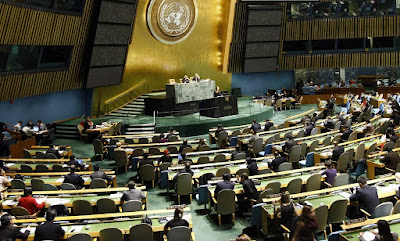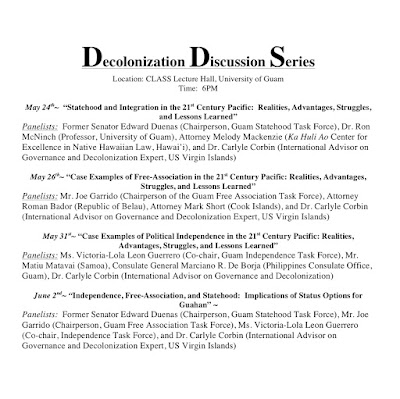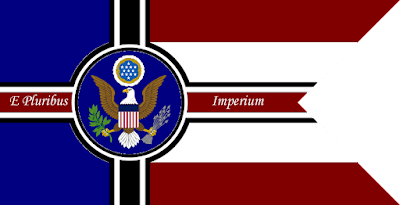Tales of Decolonization #2: Winners and Losers

Although on Guam, we tend to the see the United Nations as being inefficient and taisetbe because of the way we have waited for decades for decolonization, this issue is actually something that the United Nations has actually been very successful in terms of promoting. Since 1946, more than 80 former colonies, more than 750 million people have decolonized. In looking at the past few centuries of human history, this is a very substantial reversal. At one point a small group of colonizer controlled the maps, planted the flags and draw the lines of the world. We still live with that legacy in so many ways, but one cannot deny the shifts that have taken place. But there are still losers in this game of decolonization. The United Nations recognizes 17 official colonies, which amount to close to 2 million people. If we look beyond this formal level of recognition you could easily add in several dozen more territories or peoples that could be called colonies. We are the ones who are still





